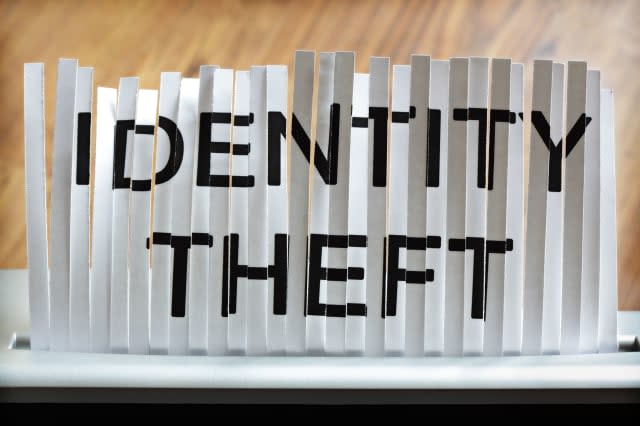The real cost of having your identity stolen

The average person who suffers identity fraud has £1,203 taken from them. However, a study has revealed that the real cost of such an attack is far higher, as identity theft takes a horrible emotional and physical toll on victims too.
Professor Mark Button, from the Centre for Counter Fraud Studies at the University of Portsmouth, found that a significant number of fraud victims suffered emotional and physical distress as a result of being a victim of this crime.
Button interviewed 800 victims of ID theft, and discovered that while their emotional and physical symptoms varied widely in severity - and some were relatively unaffected - some suffered a real emotional toll.
Commonly victims suffered stress, anxiety, anger and embarrassment. This echoes the findings of a separate study in the US last year that found that around 50% of victims felt betrayed and helpless, 65% were angry, 29% were embarrassed, and 32% felt an overwhelming sadness.
Button also discovered that severe emotional distress went on to cause physical symptoms among some victims: ranging from skin conditions to severe mental health problems.
%VIRTUAL-ArticleSidebar-crime-stories%
Protect yourself
This is particularly remarkable given that over 8% of the UK has now been a victim of ID theft. It demonstrates how important it is to take steps to protect yourself. Button has produced a guide to protecting yourself - with shredder makers Fellowes.
1. Regularly update your computer firewall, anti-virus and anti-spyware programmes, so fraudsters cannot target you online.
2. Use a variety of strong passwords for different online accounts - and never share them or write them down.
3. Avoid using websites that require personal or financial information when using public Wi-Fi.
4. If you are asked to provide any personal information online, over the phone, in a letter - or indeed any other means - think carefully as to whether you know and trust the person asking for it, and err on the side of caution.
5. Treat personal information as you would treat any valuables, and never leave them lying around.
6. If you are disposing of any documents containing personal information make sure you shred them.
7. Always report any lost or stolen documents containing personal information.
8. Always check statements for transactions you don't recognise.
9. Don't leave mail unattended in communal places, such as a shared hallway.
10. If you move house, inform all the relevant organisations and redirect mail to your new address.
Fraud stories on AOL Money
Fraudsters target rugby fans
Scamwatch: wine investment fraud
Firm scammed out of £1 million by bogus bank call





